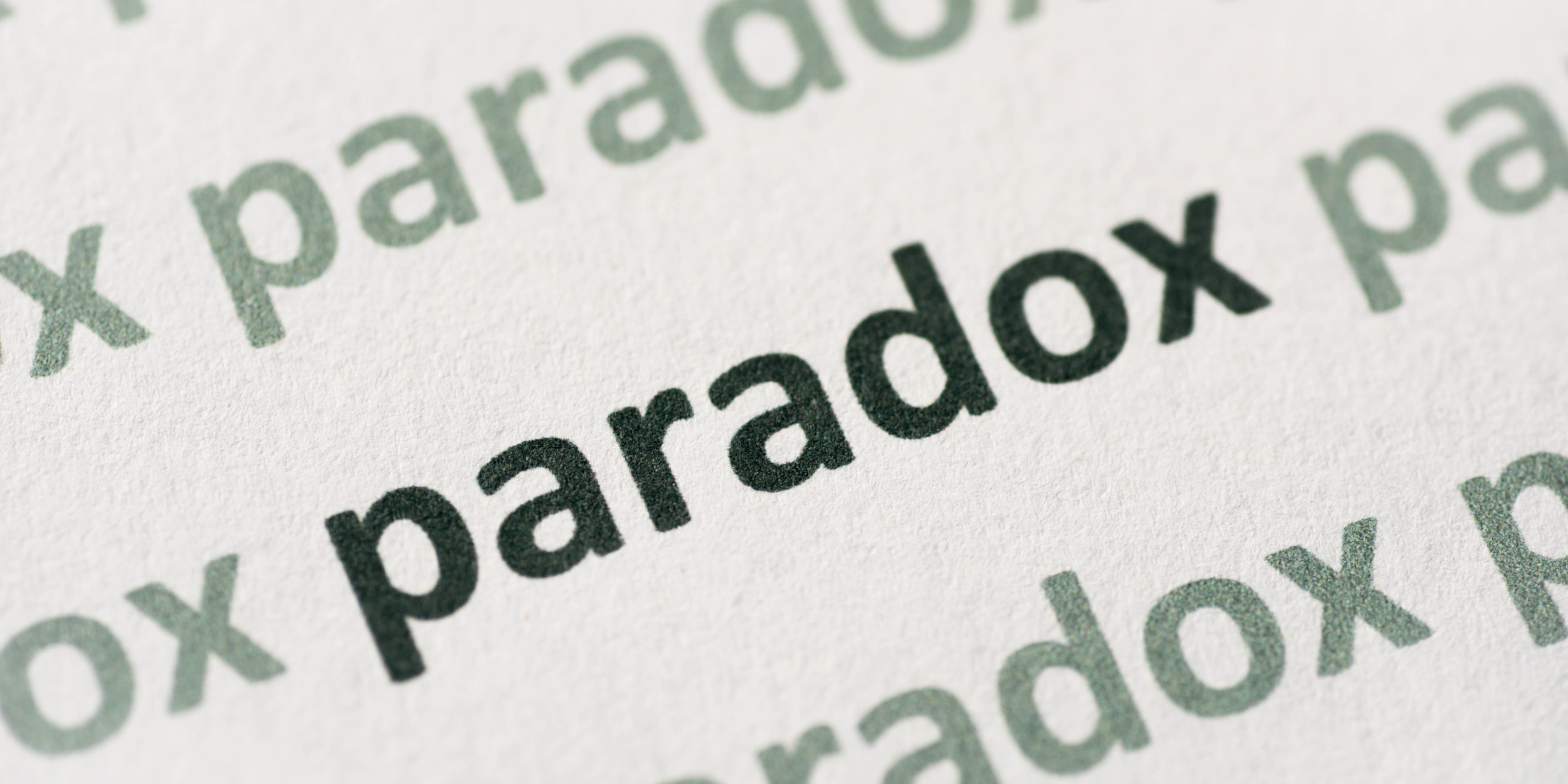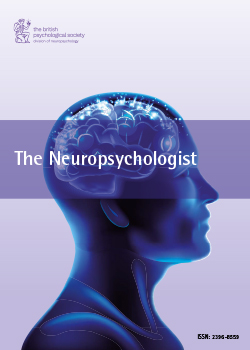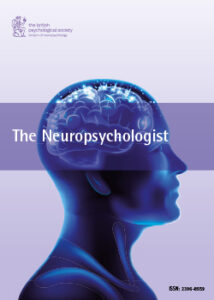#NPsychPick of the Month: Developing an understanding of the Frontal Lobe Paradox through clinical group discussions. Copstick, Sue Turnbull, Lorraine Bobbie Tibbles, Jennifer Ashworth, Sarah Swanepoel, Henk J. Kinch, Julianne Moffitt, Jenna. The Neuropsychologist November 2023 via NPsych
The Neuropsychologist 16
Developing an understanding of the Frontal Lobe Paradox through clinical group discussions.
Copstick, Sue Turnbull, Lorraine Bobbie Tibbles, Jennifer Ashworth, Sarah Swanepoel, Henk J. Kinch, Julianne Moffitt, Jenna.
#NPsychPick of the Month
Abstract
This discussion paper presents reflections from a group of clinical, forensic and neuropsychologists on their clinical caseloads in brain injury rehabilitation services at Cygnet Healthcare. These services specialise in working with people with coexisting mental health or behavioural difficulties where the work involves frequent staff discussions on interpreting an individual’s behaviour, considering its functions and whether it is part of an involuntary neuro-psychological disorder related to their brain injury, specifically the Frontal Lobe Paradox. Through consideration of six patients, the cognitive mechanisms that may relate to, or underlie apparent Frontal Lobe Paradox were highlighted. Several additional reasons were found to explain why people might show this paradox, including testing conditions, slowed processing, reduced attention, disinhibition, self-monitoring problems, and premorbid difficulties. The authors also discuss interventions, which could be used to support these individuals, with the aim of broadening clinical understanding and discussion surrounding the causes of, and treatment approaches for individuals presenting with potential Frontal Lobe Paradox.





